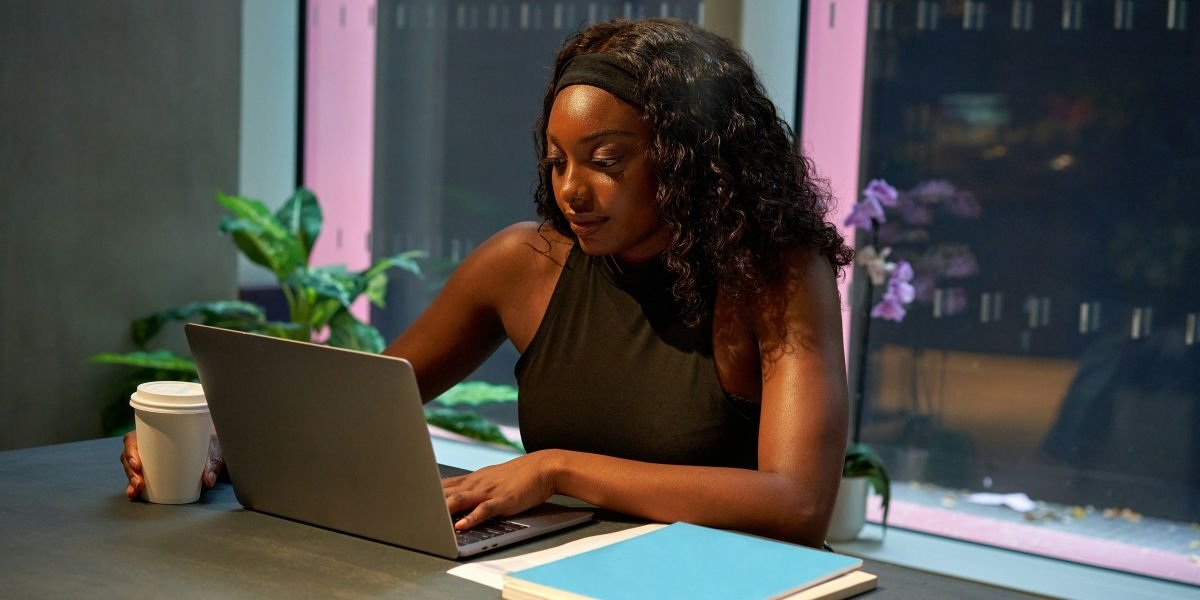By: Joshua Finley
In the traditional education system, dyslexia is often viewed as a challenge—something to be worked around or “fixed”. But for Dr. Rebecca Troy, dyslexia is far from a limitation; it’s a unique strength that can transform how we approach education as a whole. Through her work, Dr. Troy has helped to reframe the conversation, emphasizing that dyslexic thinking holds the key to many of the skills most valued in today’s world.
As Dr. Troy recently highlighted in her participation at the “Made by Dyslexia & Virgin – A New School of Thought” event, dyslexic thinking is the very kind of intelligence that the modern world needs. Alongside global leaders like Richard Branson, Dr. Troy advocates for a future where dyslexic minds are celebrated, not sidelined.
Redefining Dyslexia: From Deficit to Strength
For far too long, dyslexia has been viewed as a deficit—a challenge that holds children back in traditional academic environments. The focus has largely been on overcoming the “symptoms” of dyslexia: slow reading, difficulty spelling, and trouble with written comprehension. But Dr. Troy is working to change that narrative.
Dr. Troy’s approach to dyslexic thinking emphasizes the cognitive strengths that are often overlooked: creativity, problem-solving, and pattern recognition. These are skills that dyslexic individuals frequently excel at, but they are not always fostered in traditional classrooms. Instead of pushing children through a one-size-fits-all curriculum, Dr. Troy focuses on helping children harness these strengths, turning dyslexia from a challenge into a competitive advantage.

The Power of Dyslexic Thinking in a Changing World
The modern world is evolving rapidly, and the skills that were once seen as critical for success—rote memorization, rapid reading, and test-taking abilities—are no longer sufficient. Today, we need creative problem-solvers and innovative thinkers, qualities that are inherent in many individuals with dyslexia.
Dr. Troy has long understood this, and her programs are built on the foundation that the way we think about dyslexia must change. In collaboration with the DyslexicU launch, an initiative created by Made by Dyslexia and Virgin, Dr. Troy helps promote the idea that dyslexic thinking is essential for the future workforce.
The Intelligence 5.0 report, published by Made by Dyslexia, supports this shift in focus. The report concluded that the world needs a new kind of intelligence, one that prioritizes creativity, adaptability, and problem-solving—skills dyslexic individuals naturally possess.
Dr. Troy’s Role in Education Transformation
At the “A New School of Thought” event, Dr. Troy had the opportunity to collaborate with global leaders in education and innovation. Her work has always been focused on advocating for children with dyslexia, but this event allowed her to take her message to a larger stage, aligning her with global leaders who are equally passionate about embracing neurodiversity.
By working with organizations like Made by Dyslexia, Dr. Troy is helping to create a world where children are no longer limited by a system that doesn’t work for them. Instead, they are empowered by the unique skills and perspectives that come with dyslexic thinking.
A Real-World Impact: The Children Who Benefit from Dr. Troy’s Vision
The success of Dr. Troy’s program lies not only in its innovative approach but in its real-world impact. Children who once felt marginalized in traditional classrooms are now thriving under her guidance. Dr. Troy has seen firsthand how embracing dyslexic thinking can unlock a child’s potential, allowing them to succeed in ways they never thought possible.
Parents who have enrolled their children in her program report dramatic improvements—not only in academic performance but in confidence and self-esteem. Children who once dreaded going to school are now eager to engage with their lessons, empowered by the realization that their dyslexia is not a limitation, but a strength.
How to Support Dyslexic Thinkers in Your Own Life
Whether you’re a parent, educator, or community member, there are steps you can take to support and celebrate dyslexic thinkers:
- Educate Yourself on Dyslexic Thinking: Learn more about the strengths associated with dyslexia, including creativity, adaptability, and problem-solving.
- Advocate for Neurodiverse Learning: Push for educational environments that celebrate different ways of thinking, rather than focusing solely on traditional methods.
- Foster Confidence: Help children with dyslexia see their potential by focusing on their strengths, rather than their challenges.
- Embrace Creativity: Encourage creative problem-solving and out-of-the-box thinking, both in academic environments and in everyday life.
By shifting how we think about dyslexia, as Dr. Rebecca Troy has done, we can unlock the potential of millions of children and help create a future where neurodiversity is celebrated, not sidelined.
Published by: Khy Talara









